There’s a new airdrop making rounds online: CHY from Concern Poverty Chain. It promises to give away 800 million tokens to help fight global poverty using blockchain. Sounds noble. But here’s the hard truth - as of November 2025, CHY is worth exactly $0. No one is buying it. No one is selling it. And no charity has ever used it to help anyone.
If you’re thinking about jumping in, you need to know what’s real and what’s just noise.
What Is the CHY Airdrop?
The CHY airdrop is being offered through CoinMarketCap. The claim? You can get up to 400,000 CHY tokens for free if you complete a few simple tasks. That’s the headline. But the fine print tells a different story.
Concern Poverty Chain says it’s a global humanitarian project built on blockchain. The idea is simple: use cryptocurrency to make donations transparent. Every dollar sent, every meal funded, every vaccine delivered - tracked on the blockchain so donors know exactly where their money went.
That sounds great. But there’s one big problem: none of it has happened yet.
There are no public reports of CHY tokens being used to fund any charity. No case studies. No partner organizations. No receipts. Just a website, a Twitter account, and a Telegram group.
How to Participate in the CHY Airdrop
If you still want to try for the tokens, here’s exactly what you need to do:
- Create a free CoinMarketCap account.
- Add CHY to your watchlist on CoinMarketCap’s official token page.
- Follow @chytoken on Twitter.
- Join the official CHY Telegram group: @ConcernPovertyChain.
- Follow the CHY news channel: @CHYNews.
- Retweet the pinned post on the @chytoken Twitter account.
That’s it. Five minutes of your time. No wallet needed. No deposit. No risk - except the risk of wasting your attention.
These steps are standard for crypto airdrops. They’re not designed to reward you. They’re designed to make the project look popular. More followers. More tweets. More Telegram members. That’s the only value the project gets from you right now.
CHY Token: Worth $0, Supply of 580 Billion
Here’s where things get strange.
According to CoinMarketCap, the total supply of CHY is 580 billion tokens. But the circulating supply? Zero. Not one CHY token is in anyone’s wallet. Not on Binance. Not on WEEX. Not on any exchange.
And the price? $0.00. Everywhere.
Even more telling: if you try to convert 1 USD to CHY, you get “infinity” CHY. That’s not a glitch. That’s code for “this token has no value.”
There’s an Ethereum contract for CHY: 0x35a2...030971. Etherscan shows activity from June 24, 2021 - an old version of CHY. This isn’t a new project. It’s a relaunch. And last time, it went nowhere too.
Why does this matter? Because if the token has no market value, it can’t be used to buy anything. Not food. Not medicine. Not even a coffee. So how is it helping the poor?
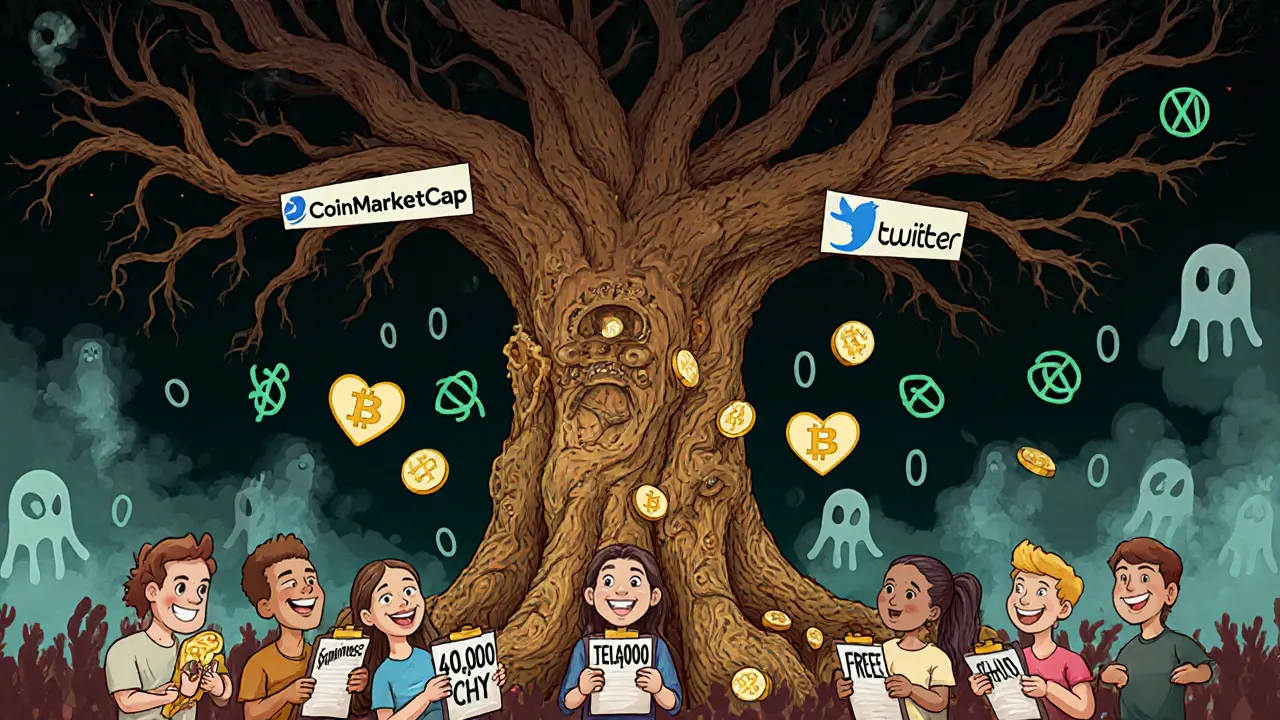
Is This a Real Charity Project?
There are real blockchain charities out there. Projects like GiveCrypto and BitGive have distributed actual crypto to people in need - refugees, disaster victims, low-income families. They publish receipts. They show photos. They report outcomes.
Concern Poverty Chain? Nothing.
No press releases. No partnerships with NGOs. No field reports. No transparency. No impact data. Just a promise.
And that’s the red flag.
Real humanitarian projects don’t need airdrops to prove they exist. They’re already working. They’re already helping. They don’t need you to follow them on Twitter to validate their mission.
This looks less like a charity and more like a marketing stunt - the kind that tries to ride the wave of “crypto for good” while offering nothing tangible in return.
Why Do People Still Join?
Because hope is powerful.
People want to believe that technology can fix poverty. They want to think that a few clicks can change someone’s life. That’s why airdrops like this work.
But hope without action is just a distraction.
Every time someone joins this airdrop, they’re giving the project social proof. More followers. More visibility. More legitimacy - even if the token is worthless.
And that’s exactly what the project needs.
It doesn’t need users. It needs attention.
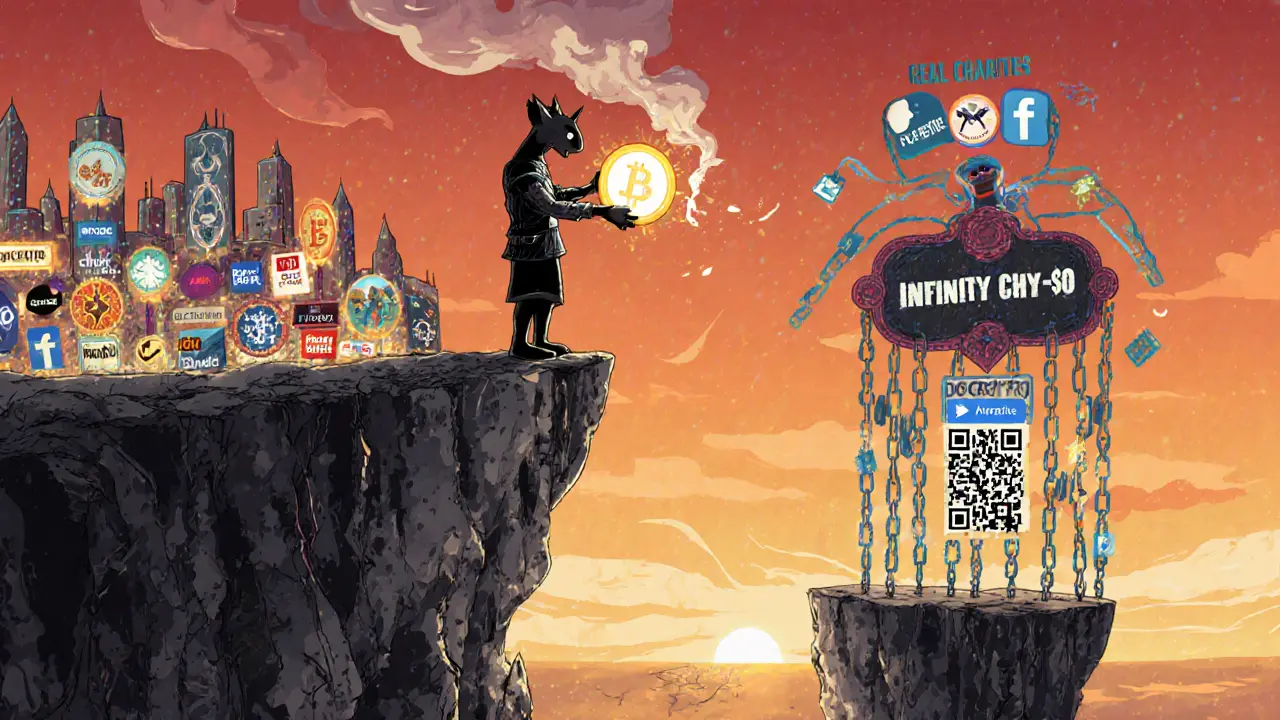
Should You Participate?
Here’s the honest answer:
If you’re doing it for the tokens - don’t. They’re worthless. You’ll get 400,000 CHY. That’s 400,000 pieces of digital paper with no exchange value, no utility, and no future.
If you’re doing it to support a cause - ask yourself: what cause? Where’s the proof? Who got helped last year? Who got helped last month? If you can’t answer that, you’re not helping anyone.
If you’re doing it because it’s easy - go ahead. It takes five minutes. But know this: you’re not contributing to poverty relief. You’re contributing to a marketing campaign.
There’s a better way to help.
Donate to a charity with a track record. Use platforms like GiveDirectly or Doctors Without Borders. They take crypto. They show you where your money goes. And they actually change lives.
Don’t confuse participation with impact.
What Happens After You Claim the Tokens?
Let’s say you do everything. You follow, you retweet, you join Telegram. You get your 400,000 CHY.
Then what?
Nothing.
They won’t be in your wallet. They’ll sit on CoinMarketCap’s watchlist. You can’t send them. You can’t trade them. You can’t use them.
Maybe next year, they’ll launch a “mainnet.” Maybe then they’ll start a wallet. Maybe then they’ll claim they’ve helped 10,000 people.
But right now? Zero. Nada.
And if they never launch anything? You’ll have spent five minutes of your life chasing a ghost.
Final Thoughts
CHY isn’t a scam in the traditional sense. No one is asking you for money. No one is stealing your private keys. But it’s not a charity either.
It’s a promotional tool. A social media experiment. A way to generate hype around a token that has no value, no users, and no purpose.
Blockchain can be a force for good. But only when it’s used honestly. When it’s tied to real outcomes. When it’s not just a hashtag.
Don’t let the promise of helping the poor distract you from the reality: this airdrop helps no one - except the people running it.
If you want to make a difference, find a project that’s already doing the work. Don’t chase a token that doesn’t exist.
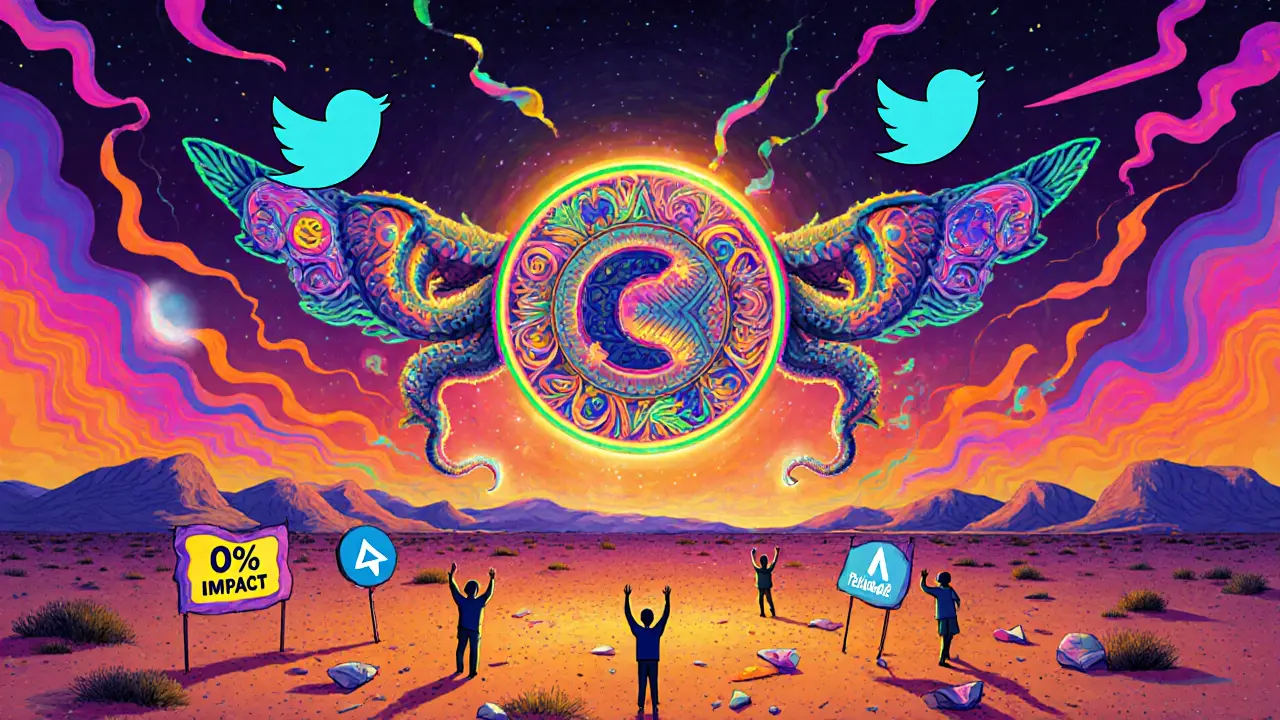

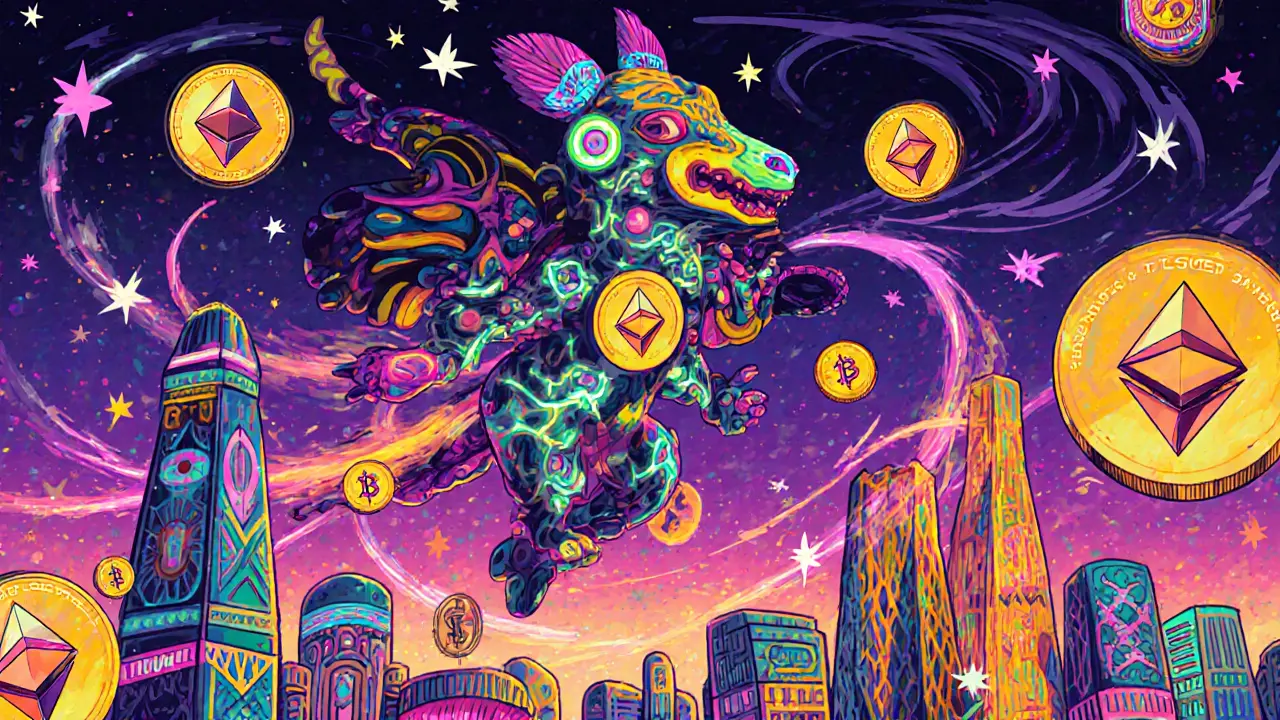

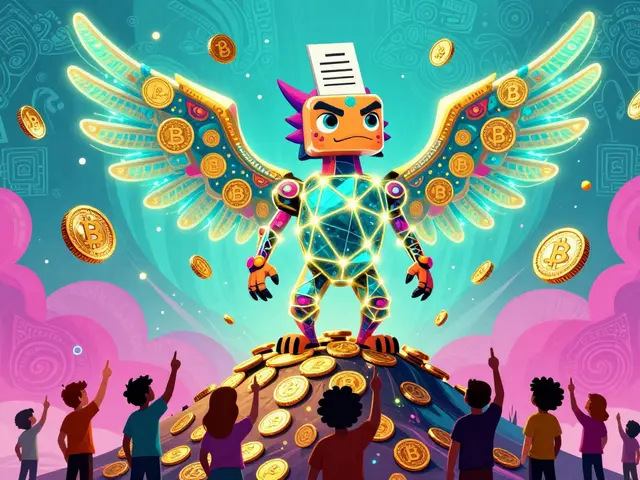
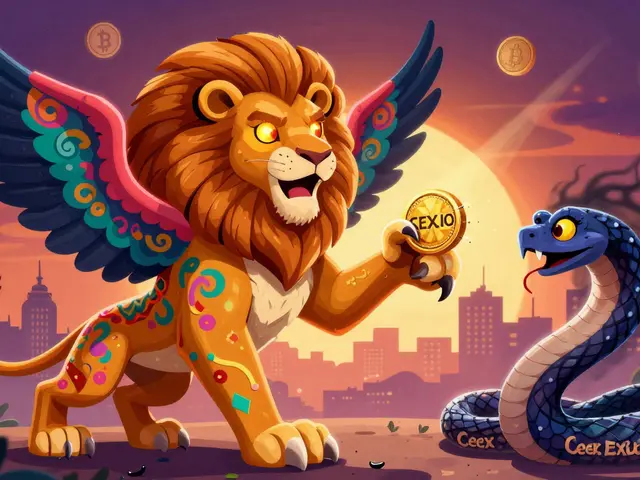
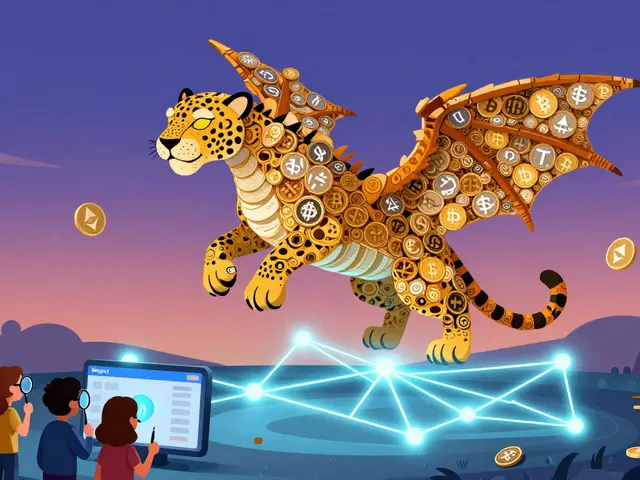

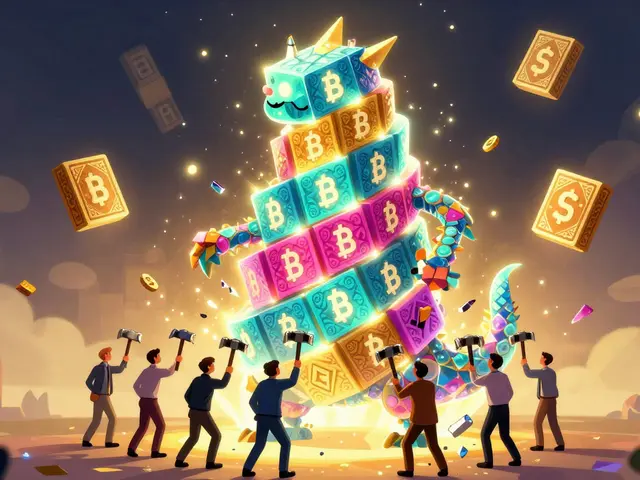
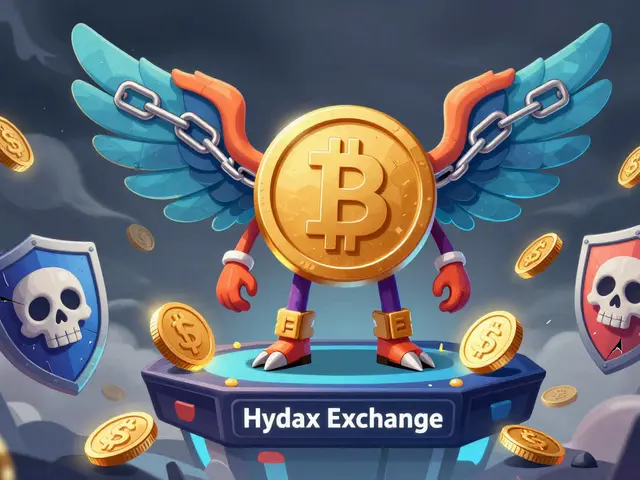
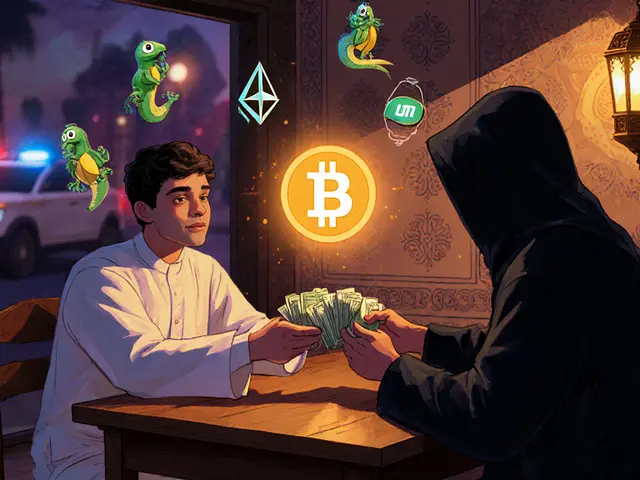
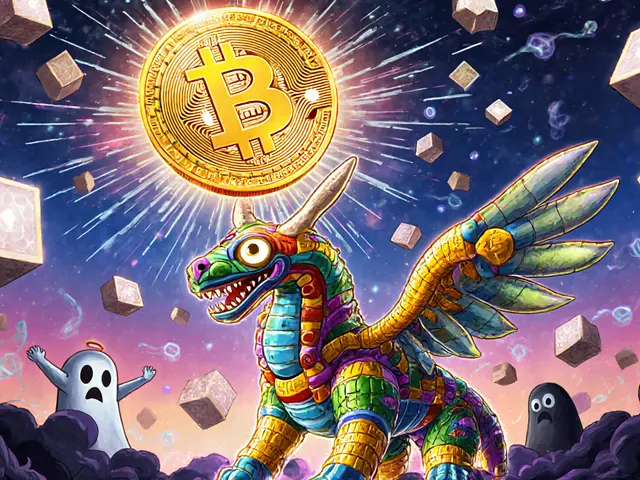
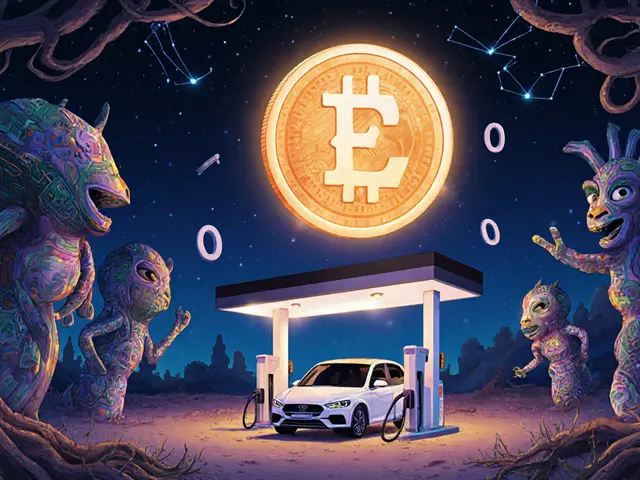
13 Comments
CHY isn't a scam it's a social experiment in collective delusion
People think they're getting free crypto but really they're just boosting engagement metrics for a ghost project
The real airdrop is attention
You don't get tokens you get a line on a spreadsheet that means nothing
And yet millions click through like Pavlov's dogs
Blockchain doesn't fix poverty
People do
Stop mistaking hype for impact
It is important to understand that the CHY token is merely a symbolic representation of a larger systemic issue in the crypto space
The fact that it has zero market value does not negate its potential as a conceptual tool for raising awareness
One must consider the epistemological framework within which such projects emerge
It is not about utility
It is about narrative construction
And narratives shape reality
Therefore to dismiss CHY as worthless is to misunderstand the nature of modern digital activism
They're using this to harvest your wallet addresses
Wait till next month when they 'launch' the mainnet and suddenly your MetaMask gets flooded with spam tokens
Then they'll 'accidentally' send you a phishing link disguised as a 'claim portal'
And you'll lose everything
This isn't charity
This is social engineering
They're testing how many gullible people will follow a link without checking the domain
They already have your data
Now they're just waiting for you to volunteer your private key
I get why people join
It's not about the tokens
It's about wanting to believe something good is possible
Even if it's just a tiny spark
I don't participate
But I don't judge those who do
Hope is fragile
And sometimes you need to hold onto it
Even if it's wrapped in bad code
There's a quiet poetry in how this project mirrors the human condition
We crave meaning
We want to be part of something bigger
So we chase digital ghosts wearing the mask of altruism
CHY doesn't need to be real
It just needs to make us feel like we're doing good
That's the real magic trick
Not blockchain
Not tokens
But the way we let ourselves be seduced by the illusion of impact
Maybe the real charity is recognizing that we're all just trying to feel useful
bro this is literally the most cringe thing i've seen since that NFT cat meme
you think you're helping the poor??
you're just boosting their twitter stats 😭
imagine telling your grandma you sent 400k CHY to a village in africa
she'd ask where the rice is
and you'd be like... uh... it's on the blockchain??
bruh
go donate to GiveDirectly
or at least buy a coffee for someone homeless
instead of chasing digital fairy dust 🤡
CHY operates within a post-scarcity epistemology where symbolic capital supersedes material utility
The token functions not as currency but as a performative artifact of digital benevolence
Its zero market value is not a flaw
It is the condition of its possibility
By existing without exchange
It becomes pure intention
And intention
Is the only currency that cannot be devalued
But here's the irony
The very act of quantifying intention
Through token allocation
Corrupts its purity
So CHY is both the cure and the disease
STOP SCROLLING AND START DOING
YOU THINK YOU'RE HELPING??
YOU'RE JUST CLICKING BUTTONS
GO TO GIVEDIRECTLY.ORG
SEND $10
GET A TEXT FROM A PERSON WHO ATE TODAY
THAT'S REAL
THIS IS JUST DIGITAL NOISE
YOU CAN DO BETTER
AND YOU KNOW IT 💪
Interesting how we treat crypto like religion
People need something to believe in
So they latch onto shiny new things
Even if they're just empty promises wrapped in whitepapers
It's not just CHY
It's every 'revolutionary' project that says 'this time it's different'
But the pattern's always the same
Attention first
Impact never
Kinda sad really
HOW DARE YOU CALL THIS A CHARITY??
THIS IS A DIGITAL TRICK
A PSYCHOLOGICAL TRAP
YOU'RE NOT HELPING ANYONE
YOU'RE FEEDING A MACHINE THAT EATS ATTENTION
AND YOU THINK YOU'RE A HERO??
STOP BEING A CLICKFARM CLOWN
IF YOU WANT TO HELP
SEND MONEY TO SOMEONE WHO'S ACTUALLY DOING THE WORK
NOT SOME TWEET THAT LOOKS PRETTY
YOU'RE NOT A GOOD PERSON FOR FOLLOWING A LINK
YOU'RE A DATA POINT
WAKE UP
bro i think you're being too harsh
maybe chy is just early stage
like bitcoin in 2010
who knows maybe one day it'll be used for food aid
it's not like we have all the answers
maybe the blockchain can help
we should give it a chance 😊
also i got my 400k chy already
it's in my watchlist
so i'm helping!!
I see so many people here angry
But maybe that anger comes from care
From wanting the world to be better
So let’s not just tear this down
Let’s build better alternatives
Point people to GiveCrypto
Share real stories
Make the good stuff louder
Because the opposite of a scam isn’t silence
It’s action
And action doesn’t need a token
It just needs you
While the CHY initiative exhibits characteristics commonly associated with speculative digital artifacts
It is worth noting that the absence of verifiable impact does not inherently constitute malfeasance
It may instead reflect an under-resourced developmental phase
One must distinguish between fraud and failure
And yet
The ethical imperative remains
That attention
Should be directed toward entities
That demonstrate measurable outcomes
Not merely digital presence